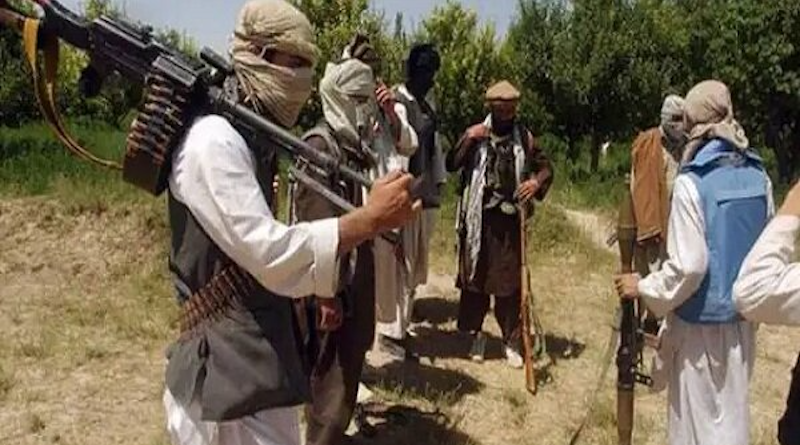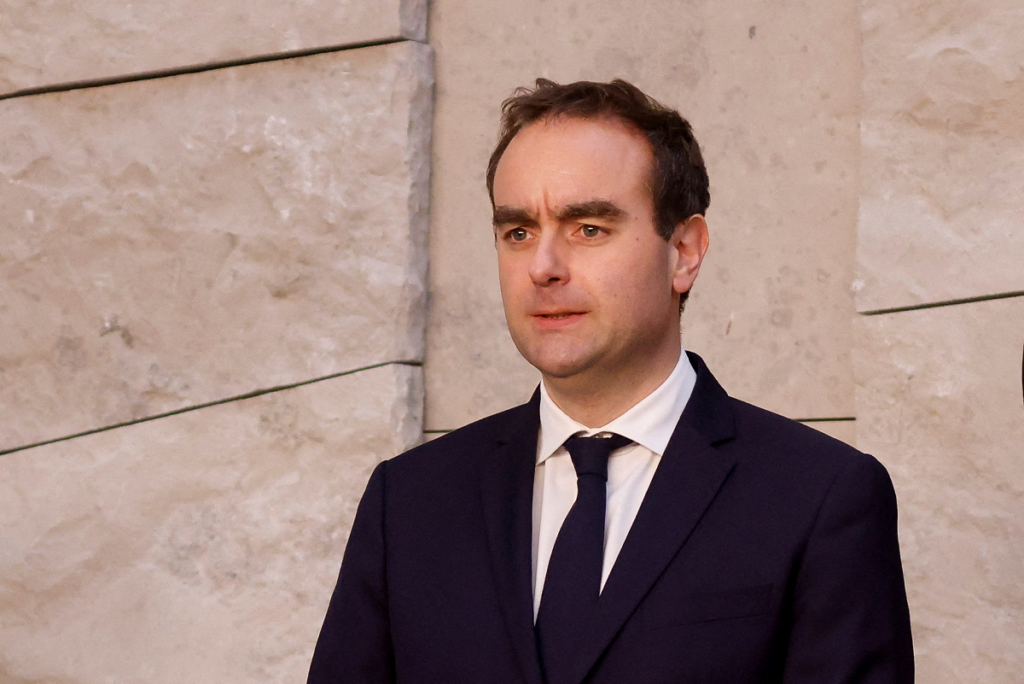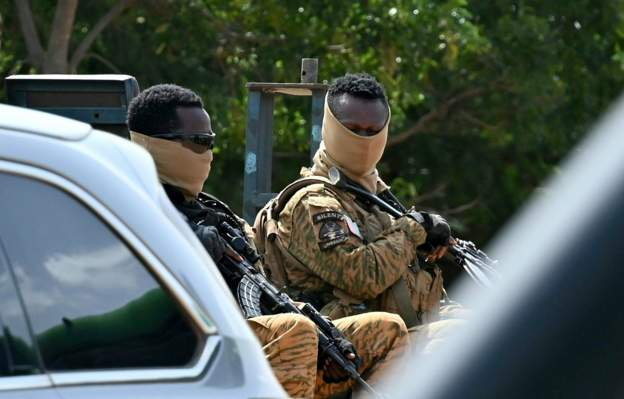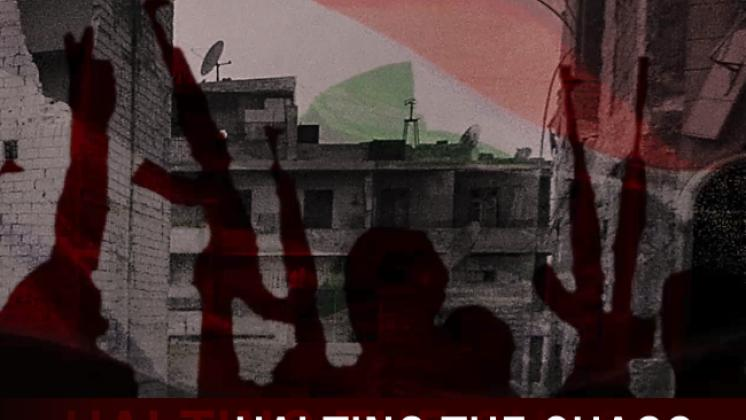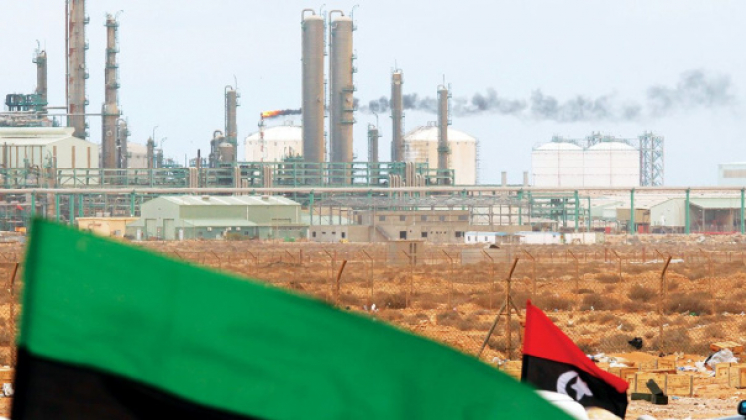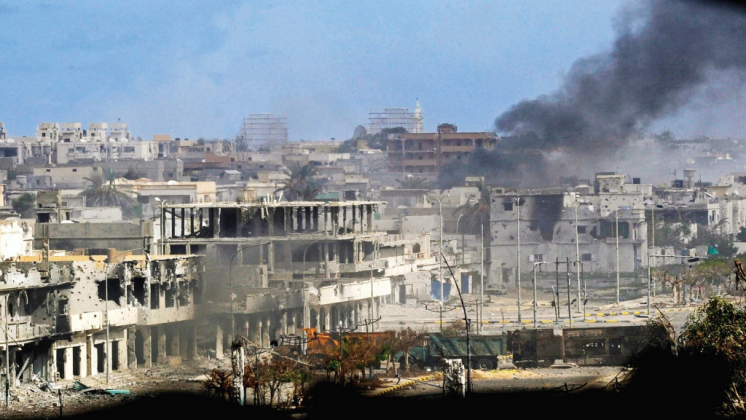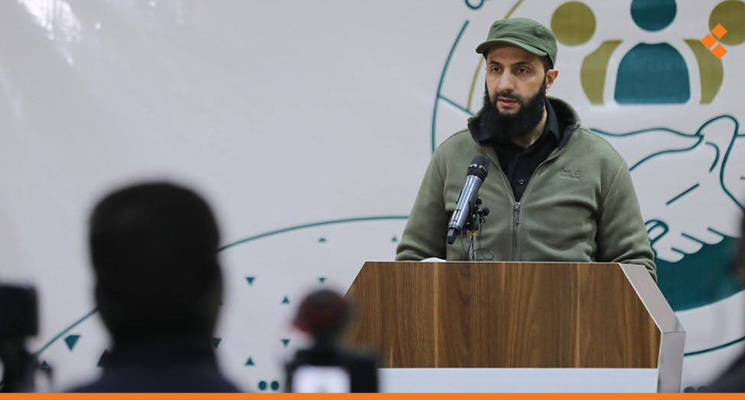Serbia, Montenegro Demand Explanation After Moldova Coup Plot Claim

Officials in Serbia and Montenegro on Tuesday called for clarification from Chisinau after Moldovan President Maia Sandu alleged that citizens of Russia, Belarus, Serbia and Montenegro planned to try to enter Moldova and violently oust the country’s pro-EU government in order to replace it with a Russian-controlled puppet regime.

